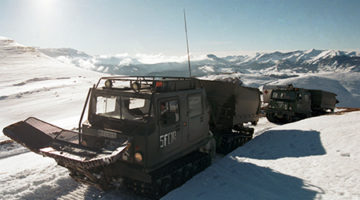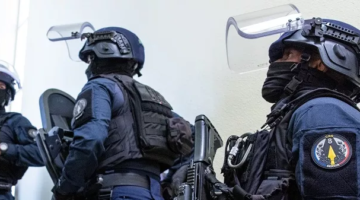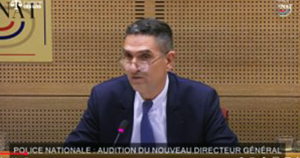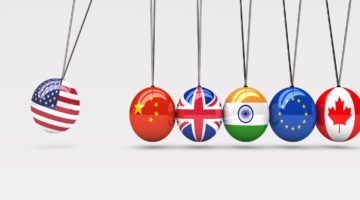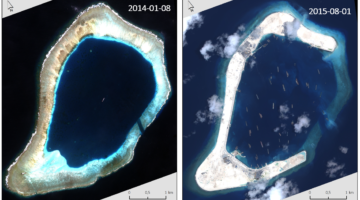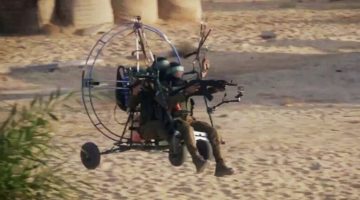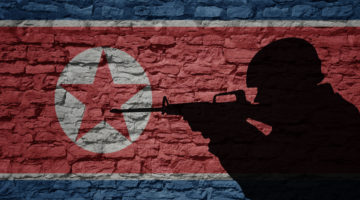Photo credit © Airbus
Russia’s strategy is becoming clearer by the day. The natural gas deal with China enhances Russia’s position in the east. China provides a guaranteed long-term market for Siberia’s vast reserves of natural gas.
Vladimir Putin has also succeeded to obtaining new natural resources to the west. The seizure of the Crimea brings with it Russian control over the off-shore energy resources of the northern Black Sea.
Western sanctions do not seem to have had much impact on the biggest western companies, many of which are continuing to do deals with Russia, even with the sanctioned members of Putin’s inner circle. BP signed a shale oil deal with Igor Serhin, chief executive of the Russian state owned oil company, Rosnef, last week in St Petersburg, with Putin looking on with a smile.
China has already retaliated against the US for the indictment of five People’s Liberation Army’s officers for cyber spying and stealing trade secrets by ordering that Chinese state enterprises to cut ties with McKinsey and Boston Consultancy, because of the fear that they are spying on behalf of the US government.
Russia is playing an increasingly important role as the Arab spring is transformed into a deep Arab winter. The new president of Egypt, Field Marshal Abdel Fattah el-Sisi, was received warmly by Putin in Moscow where he was negotiating a US$2 billion arms deal after the US suspended some of its annual military assistance. Russia continues to support the Assad regime in Syria.
In Libya the fall out from the overthrow of Gaddafi continues, and Hillary Clinton and the White House are fighting off claims of a cover up involving the murder of the American Ambassador in Benghazi. The US prepares to withdraw from Afghanistan. Iraq remains grotesquely unstable. Neither says much for the years devoted to two chimerical overseas adventures.
Russia could, if it so chooses, help to broker a deal on the Nuclear issue with Iran, something Obama desperately needs. But the Gulf States and Saudi Arabia are increasingly uncomfortable with Washington’s retreat. Prince Turki al-Faisal, the former Saudi intelligence chief said recently: “While the wolf is eating the sheep, there is no shepherd to come to the rescue of the flock.”
In India, Narendra Modi, head of the Hindu Nationalist Bharatiya Janata party, surprised many when he invited India’s neighbors from the South Asian Association for Regional Cooperation, including Nawaz Sharif of the Islamic Republic of Pakistan, to his elaborate swearing in ceremony in New Delhi as the new Indian prime minister following his overwhelming victory in the recent Indian general elections.
Yet no one knows whether Modi will embrace the US-India relationship, and he remains highly resentful that the US denied him a visa in 2005 for his role in the 2002 Gujarat massacres.
Mr. Modi has already visited China three times, and on his most recent visit he was received in the Great Hall of the People. President XI Jinping clearly saw Mr. Modi as a rising star.
All of which will make for an interesting time in Fortaleza, Ceara, during the 6th BRICS summit on July 15th, when the leaders of Brazil, Russia, India, China, and South Africa, will meet two days after the World Cup final at the Maracana stadium in Rio de Janeiro. The host, Dilma Rousseff, after all, also has had her own problems with Washington.

